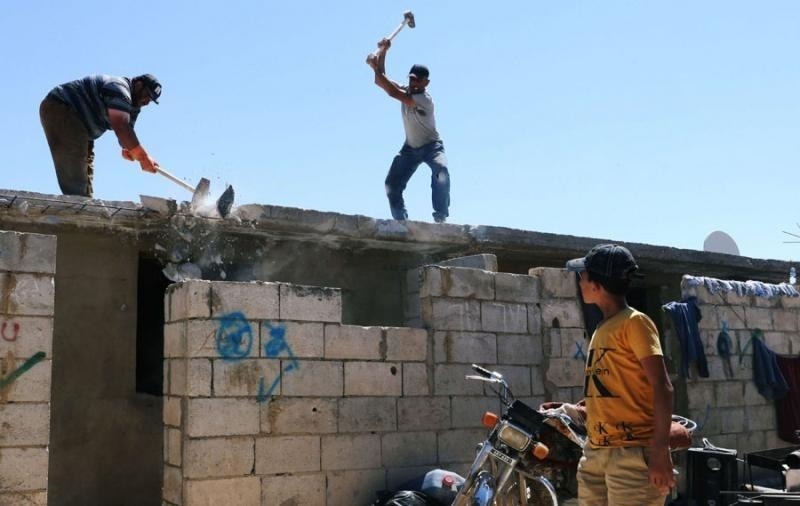Warnings and calls to combat child labor and provide protection to children are being heard again in view of the growing number of children forced to work to support their families, exposed to health and physical hazards. According to the Higher Population Council, around 70,000 Jordanian children are active in the labor market; of these, 45,000 are engaged in dangerous jobs. This situation exposes the gaps in the social protection system, and the decline in social justice and equality indicators. Article 73 of the Jordanian Labor Law prohibits the employment of minors under 16 in any form, while young people older than 16 may be employed in work that does not pose danger or health hazard or involves hardship.
Despite the law prohibiting child labor, there continue to be cases of children engaged in dangerous jobs. One case, for example, concerned a child working in construction. He fell from a 21 meters height and was seriously injured, with no compensation from the employer. The child’s father sought the support of the Legal Aid Department of the Arab Renaissance for Democracy and Development (ARDD) to claim compensation for the physical and moral damage to his child, caused by the employer’s negligence. The court ruled that the child should receive JD3,583 as compensation.
In another case as direct exploitation of the most vulnerable, an employer did not allow a Syrian child working at his farm to quit working, even though the child’s father wanted him to stop. Despite repeated attempts by the father to have his son stop working, the employer refused to let the child go. Eventually, the father and ARDD complained to the Anti-Human Trafficking Unit that ensured the child’s return to his father, secured his wages, and took appropriate action against the employer.
The COVID-19 pandemic, the waves of refugees arriving in the kingdom, and some economic, social, and political policies exacerbated the existing problems associated with poverty and unemployment. Families are forced to accept that their children drop out of school, or even pull them out of school themselves to make them work and help secure their families’ basic needs.
Tamkeen For Legal Aid and Human Rights asserts that most working children “belong to the most marginalized groups and are pushed by poverty to enter the labor market to support their families or are the only providers in the family”.
According to Tamkeen, children can be seen working in restaurants, coffee shops, clothing shops, construction sites, metalwork, as car mechanics, in carpentry. They are usually inadequately remunerated for their work and paid below the minimum wage of JD220 for Jordanians and JD150 for non-Jordanians and are made to work overtime for free.
Social problems do not stop here. There are other, equally damaging to children, or more, practices, like abuse and sexual assault of children at work, and work in hazardous sectors that could cause serious or debilitating injuries.
Stuck between misery and danger, some children have to face harsh social and economic circumstances. The government, civil society organizations, and the private and public sectors need to come together to protect children from exploitation and forced labor. At the same time, the social protection system in Jordan must be improved.
These stories are part of the “Enhancement of the protective environment of Syrian and Jordanian Children” project ” Implemented in partnership with the United Nations Office for the Coordination of Humanitarian Affairs, the project aims to contribute to creating a better protective environment for Syrian and Jordanian children at risk, including children with disabilities living in the most vulnerable communities affected by the COVID-19 pandemic, through the provision of legal services and cash support.


